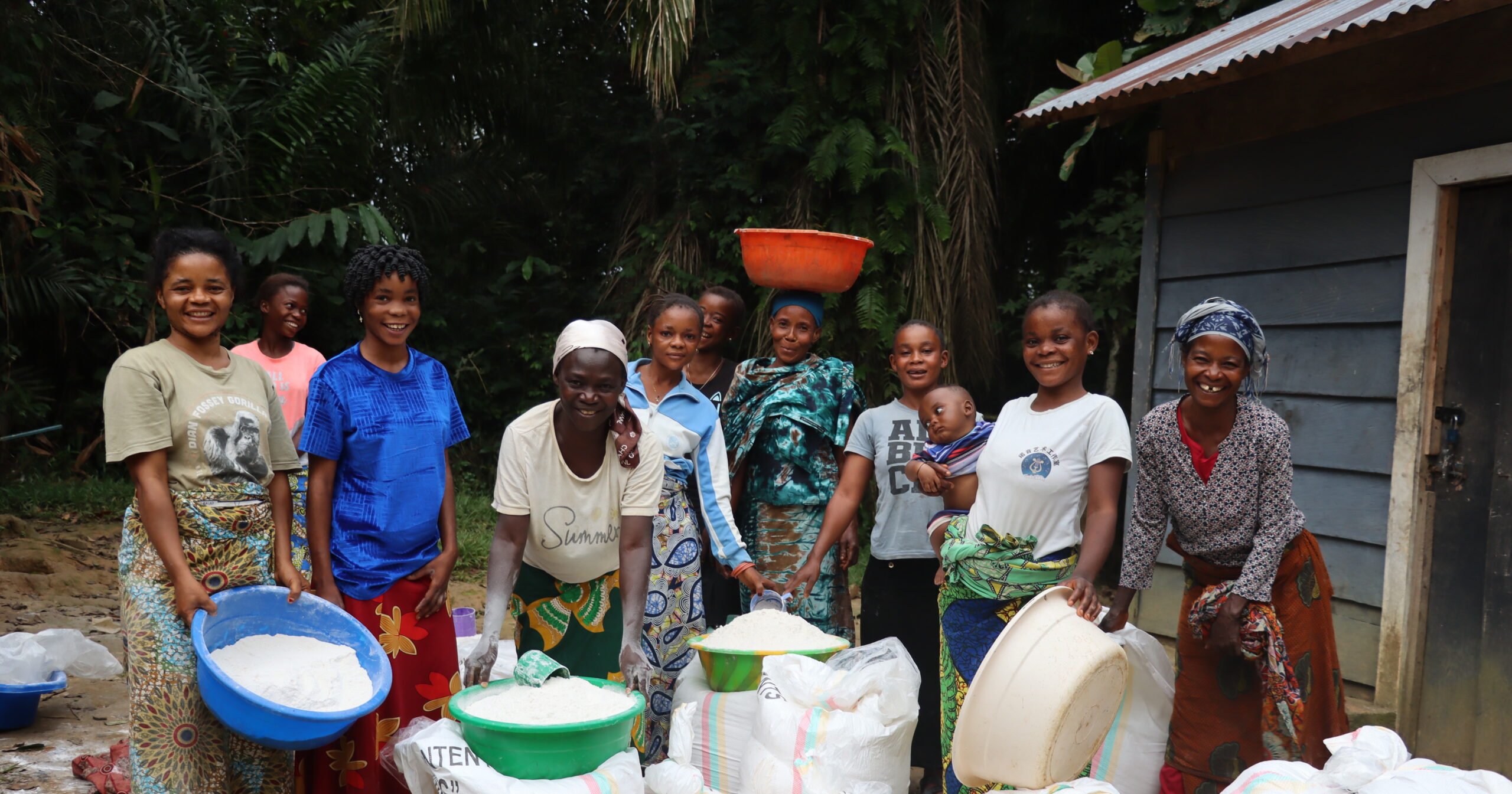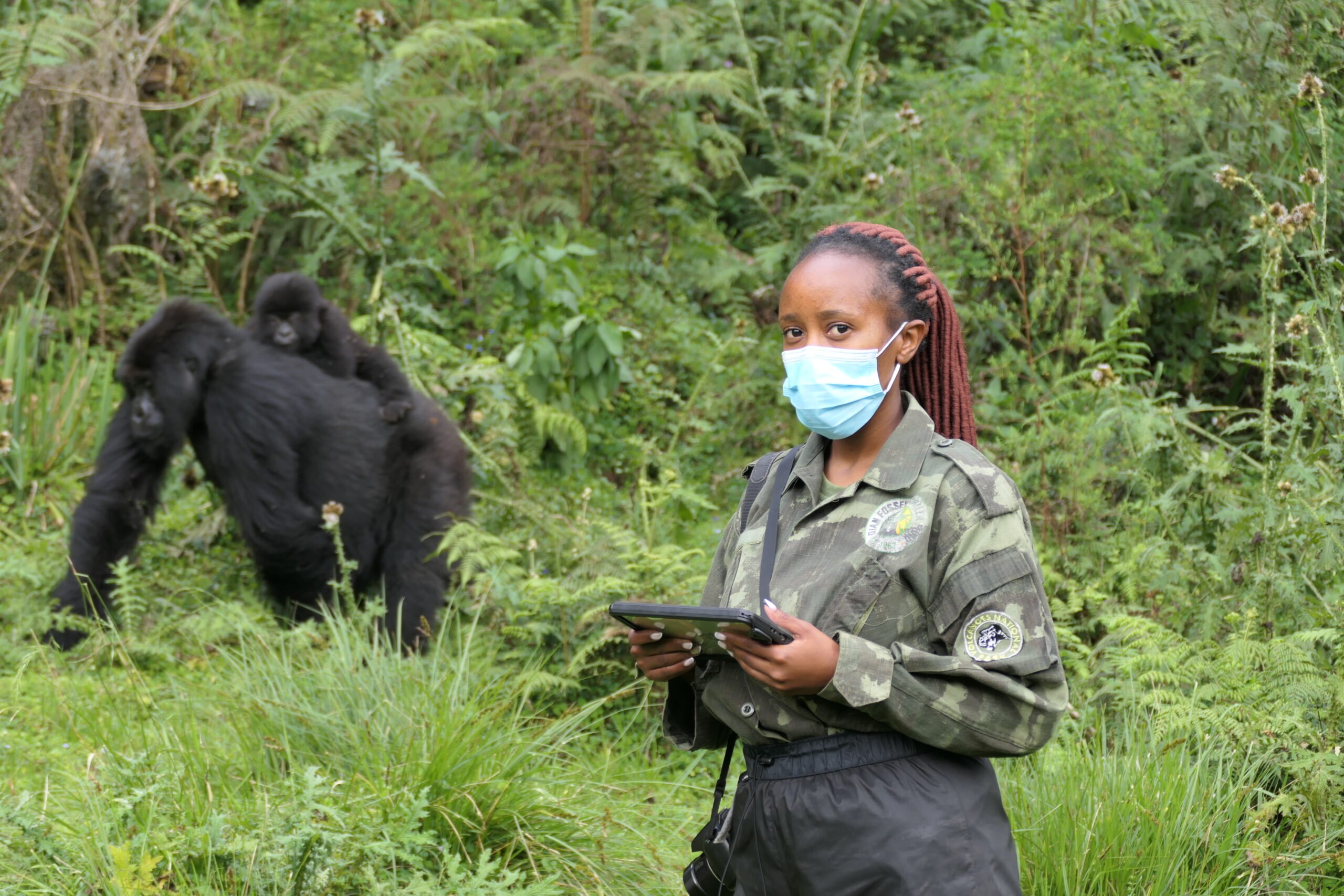
On May 9, let’s count birds!
The Dian Fossey Gorilla Fund will be enthusiastically participating in Global Big Day on May 9. It’s a “citizen science” initiative that encourages people to count and record the wild birds in their environment, wherever they may be. This year, it’s the perfect shelter-in-place activity. Simply look out of a window, go out into your yard, or count from a balcony or rooftop.
Why does an organization focused on protecting and studying gorillas care so much about birds? As the Fossey Fund’s own biodiversity researcher Dr. Yntze van der Hoek puts it, birds are important part of the ecosystem. They distribute seeds and pollinate plants. “We need birds to maintain the forests that gorillas, and all of us, need to survive,” he says.
Teaching children about birds can also foster a passion for conservation in general. “Look at the nature clubs that we help run at local schools near Rwanda’s Volcanoes National Park, home of the mountain gorillas,” Dr. van der Hoek says. For these students, “bird observations have become a passion that we anticipate will spark a deeper connection to nature and conservation.”

Last year, Fossey Fund teams found the most bird species in Rwanda of all teams who participated. They were able to identify 76 out of 675 species known to inhabit that country. This year Fossey Fund teams will work together virtually, working separately to identify the various species around their houses, gardens and neighborhoods .“In these times of social distancing, bird watching can be a small, but joyous activity that reminds us that we are a team committed to the same goal: the conservation of nature and all its denizens,” Dr. van der Hoek says.
Sponsored by an organization called eBird and managed by Cornell University’s Lab of Ornithology, Global Big Day is the world’s largest biodiversity-related citizen science project, with more than 100 million bird sightings contributed each year. It encourages people to record the birds in their environment over a 24-hour period on a checklist, and has all the tools to help you online. Let’s help them reach their goal of 100,000 checklists this year and show how our love for gorillas extends to all of the natural world.







